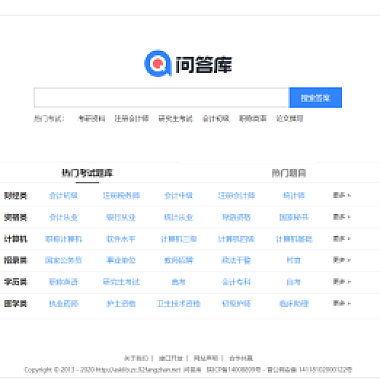《nginx重定向日志》
解决方案
当需要对Nginx的日志进行重定向时,可以借助于Nginx自身的配置指令,将日志输出到不同的文件或者通过其他方式处理。例如根据请求的URL、客户端IP等条件,将日志写入到特定的日志文件中,以便于日后的分析和排查问题。
基于location配置重定向日志
在Nginx中,location块用于匹配不同的请求路径。我们可以通过在不同的location块中设置不同的日志格式和日志文件来实现日志的重定向。
nginx
http {
log<em>format custom</em>format '$remote<em>addr - $remote</em>user [$time<em>local] "$request" '
'$status $body</em>bytes<em>sent "$http</em>referer" '
'"$http<em>user</em>agent"';</p>
<pre><code>server {
listen 80;
server_name example.com;
location /api/ {
access_log /var/log/nginx/api_access.log custom_format;
error_log /var/log/nginx/api_error.log;
# 其他配置...
}
location /static/ {
access_log /var/log/nginx/static_access.log custom_format;
error_log /var/log/nginx/static_error.log;
# 其他配置...
}
}
}
在这个例子中,我们将访问/api/路径下的请求日志记录到/var/log/nginx/api_access.log和/var/log/nginx/api_error.log文件中,并且使用了自定义的日志格式custom_format。同样地,对于/static/路径下的请求,我们也指定了不同的日志文件。
基于条件判断重定向日志
有时候我们可能需要根据某些条件来决定是否记录日志或者记录到哪个日志文件。Nginx提供了if指令来满足这种需求。
nginx
http {
log<em>format custom</em>format '$remote<em>addr - $remote</em>user [$time<em>local] "$request" '
'$status $body</em>bytes<em>sent "$http</em>referer" '
'"$http<em>user</em>agent"';</p>
<pre><code>server {
listen 80;
server_name example.com;
set $loggable 1;
if ($request_method = POST) {
set $loggable 0;
}
access_log /var/log/nginx/access.log custom_format if=$loggable;
error_log /var/log/nginx/error.log;
# 其他配置...
}
}
这里我们先设置了一个变量$loggable为1,然后通过if判断如果请求方法是POST,则将$loggable设为0。接着在access_log指令中使用if=$loggable来控制是否记录日志,只有当$loggable为1的时候才会记录。
使用第三方模块实现更复杂功能
除了Nginx自带的功能外,还可以借助一些第三方模块来实现更加复杂的日志重定向操作。例如ngx_http_perl_module模块允许我们在Nginx配置中嵌入Perl代码,从而实现更加灵活的日志处理逻辑;还有lua-nginx-module模块,它可以让开发者利用Lua脚本语言编写复杂的业务逻辑,包括对日志的处理等。不过这些第三方模块的使用需要确保Nginx已经正确安装并启用了对应的模块,并且要谨慎评估引入额外依赖所带来的安全性和性能影响。











